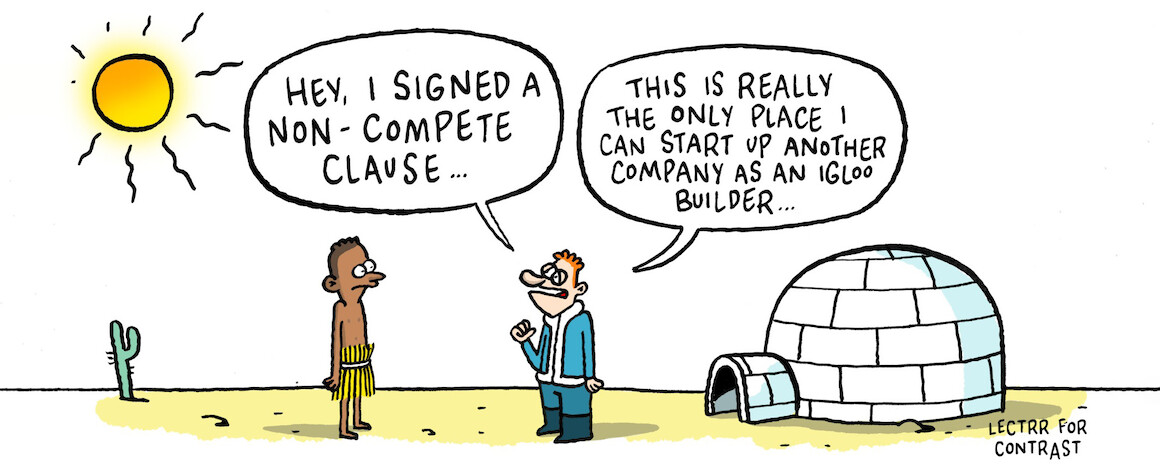What?
Suppliers often provide commercial know-how to their distributors which they would not want to benefit their competitors. A critical situation in that respect is obviously the period immediately following the termination of a distribution agreement. The distributor is likely to switch to a competing supplier and there is a real risk that the distributor will share the know-how with his new supplier.
In order to address this issue, distribution agreements may include a so-called post-term non-compete obligation. This obligation prevents the distributor under certain conditions from engaging in competing activities following the termination or expiry of the distribution agreement.
While in certain limited instances (e.g. when the market shares of the parties are low) it is not excluded that such a post-term non-compete obligation does not qualify as a prohibited restriction of competition, it will, in many cases, be necessary to secure an exemption to render the restriction compatible with competition law and hence enforceable. The application of a block exemption regulation is the most efficient way to secure such an exemption.
Now?
The current vertical block exemption regulation applicable to distribution agreements is Commission Regulation 330/2010 (the “VBER”). The VBER exempts post-term non-compete obligations under the following strict and cumulative conditions, notably that the restriction:
- relates to goods or services competing with the goods or services covered by the distribution agreement;
- is limited to the premises and land from which the distributor operated during the contract period;
- is indispensable to protect know-how transferred by the supplier to the distributor; and
- is limited to a period of one year after termination of the distribution agreement.
The future as of 1 June 2022?
The current proposals for the future regime leave the existing rules intact.
In practice?
There is no need to change the existing practice.
Assessment?
The conditions governing the automatic exemption of post-term non-compete restrictions remain extremely strict. This applies in particular to the condition that the restriction must be confined to the premises and land from which the distributor has operated under the distribution agreement. This implies in practice that it suffices for the distributor to change premises (even within the same shopping area or village) to render the exemption inapplicable.
There is tension between the condition that the post-term non-compete obligation must be indispensable (which is a very strict standard) to protect the know-how of the supplier and the extreme geographic limitation of such obligation. The relevance of this part of the VBER and the consistency between the cumulative conditions would definitely be enhanced by extending the geographic limitation to cover the entire area where the distributor was active with the sales and marketing of the products covered by the distribution agreement.
Want to know more? Stay tuned..
Counting down towards 1 June 2022 we aim to provide you with regular updates and the necessary legal knowhow in order to fully prepare your business for the future. Please also check out the Distribution Law Center platform and our LinkedIn page for much more information on the laws governing vertical agreements, covering both competition and commercial law. 27 specialized teams from all over the EEA are working hard to turn the platform into your favourite source of guidance and information.
A translation of this Countdown newsletter is available in the following languages: Croatian, Czech, Portuguese, Romanian, Slovak, Swedish, Spanish.
Read the available DLC Countdown newsletters on the changes to be expected here.





Sign in to post comments